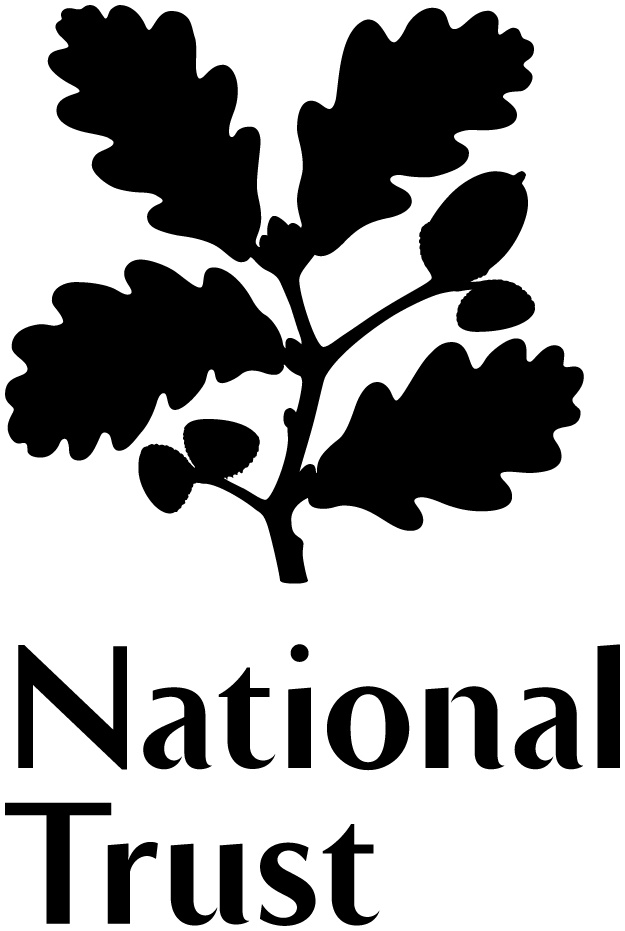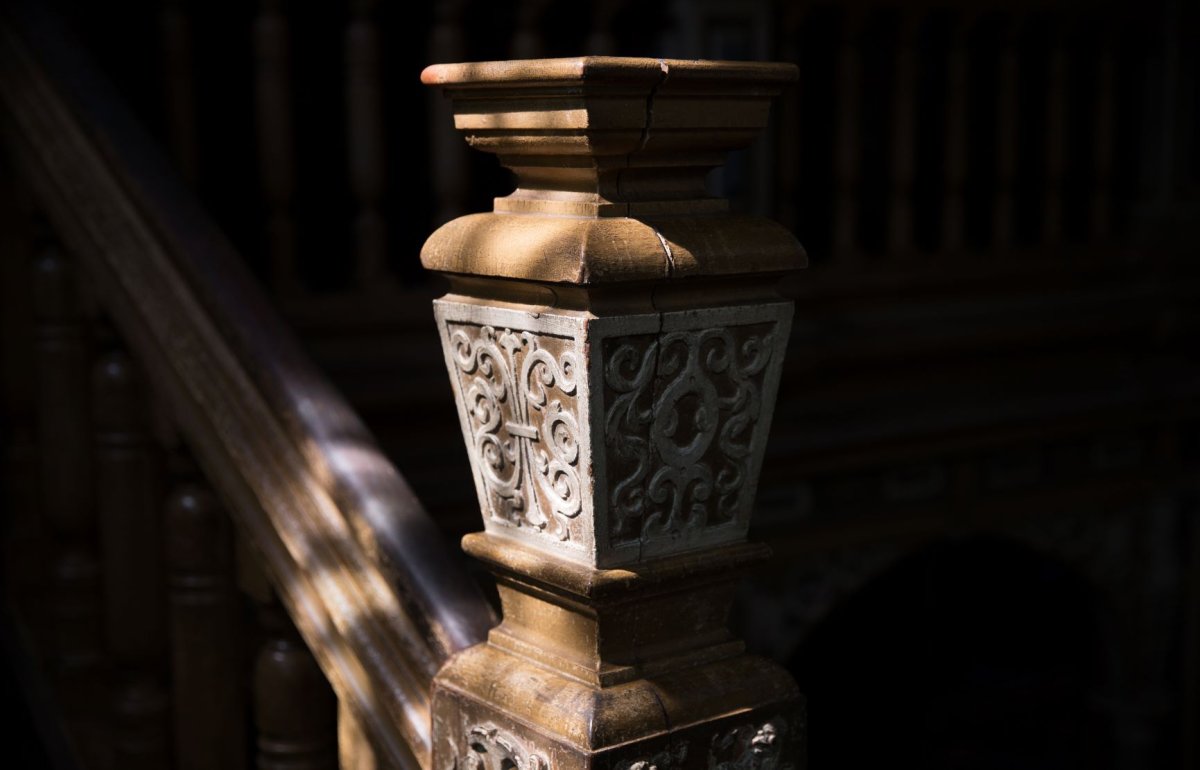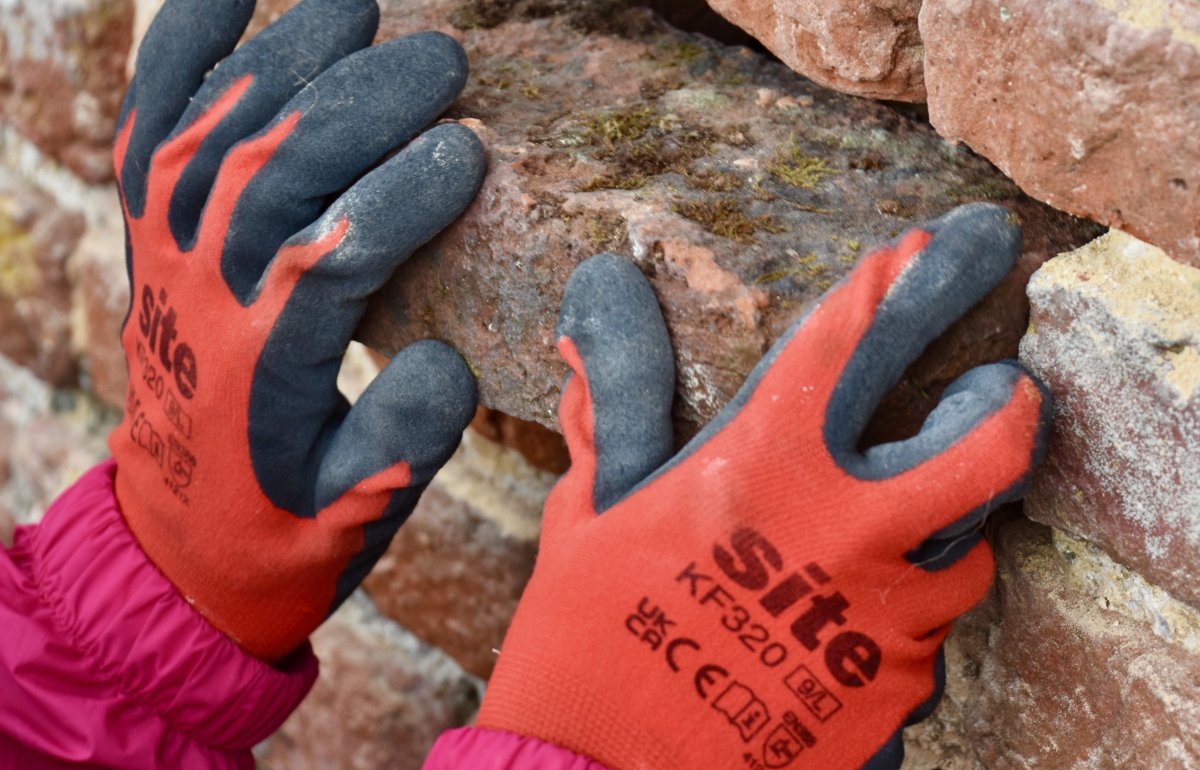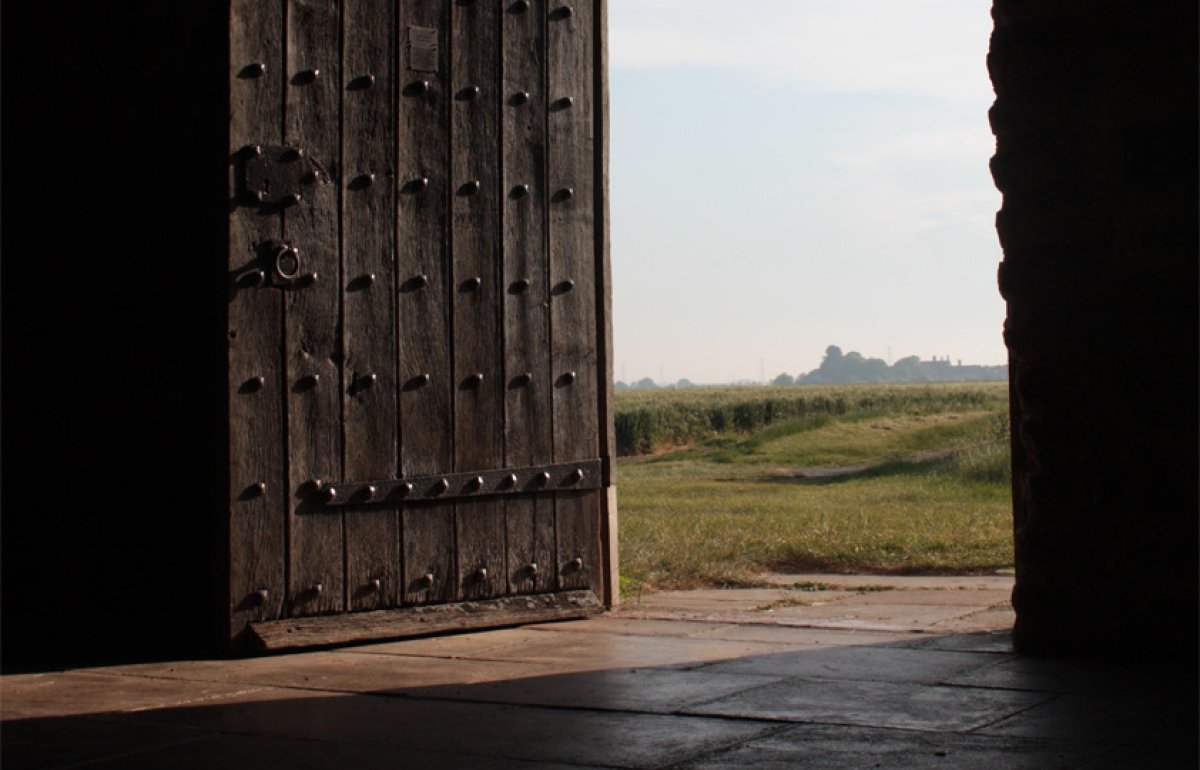An Introduction to Plain Lime Plastering

An Introduction to Plain Lime Plastering
Join us for a practical introduction to traditional lime plaster and plastering techniques, in association with the National Trust.
Just brilliant. The tutors were friendly and engaging and that, combined with the set up for the practical sessions, made for a really inviting experience.
CH1/24
£499, including lunch, refreshments and a practical lime guide
Event details
This course is fully booked, but you can book now for the next one: Plain Lime Plastering, 11 - 12 October 2024
Join us for a practical course covering the mixing and application of lime plaster to lath, masonry, and modern substrates, including pricking up and base coats, float coats and setting coats. You will also get a brief introduction to running a cornice in-situ. See the full programme below.
The SPAB is an IHBC recognised CPD provider and attendance certificates for CPD are available on request.
Although we cannot guarantee it, previous course participants have had success in gaining a CITB short course grant towards the cost of this course fee. Please visit the CITB website for further information.
Want to learn more about plastering at the National Trust’s Heritage and Rural Skills Centre? Check out our other courses there on Pargeting, 8 June 2024, and Ornamental Lime Plastering, 20 - 21 September 2024.
Who is this course for?
- This course is suitable for people with practical plastering skills. Experienced plasterers used to working in gypsum will particularly benefit from the course.
- We also welcome anyone interested in learning about plain lime plastering for their home or old buildings under their care.
Programme
This is a two-day course. Refreshments and lunch are provided. Accommodation is not included.
This programme is subject to minor changes.
Day One
|
9am |
Registration |
|
9.15am |
Welcome and Health and Safety briefing |
|
9.30am |
Introduction to lime: slaking, mixing and sand selection |
|
10.30am |
Refreshment break |
|
10.45am |
Practical session – group split into two: |
|
|
|
|
11.40am |
Practical session – group split into two: |
|
|
|
|
12.40pm |
Lunch |
|
1.15pm |
Introduction to applying base coats, spatter coat on masonry and pricking up coats |
|
1.45pm |
Practical session: applying base coats and pricking up coats |
|
3pm |
Preparation for Day Two |
|
3.15pm |
Presentation of projects |
|
4.30pm |
End of Day One |
Day Two
|
9am |
Registration |
|
9.15am |
Practical session: applying float coats |
|
10.30am |
Refreshment break |
|
10.45am |
Practical session: applying setting coats |
|
12pm |
Introduction to plastering on alternative surfaces |
|
12.20pm |
Presentation on insulation and hydraulic limes |
|
1pm |
Lunch |
|
1.45pm |
Introduction to running a cornice in-situ |
|
2.35pm |
Limewashing and further practise on coats |
|
3.30pm |
Clear up |
|
4pm |
End of course |
You will need
- Please wear warm, comfortable clothing that you don't mind getting dirty or damaged. We recommend you bring overalls or coveralls to wear if you can.
- You will need to wear sturdy (flat and closed) footwear, ideally steel-toe capped boots.
- If you have them, please bring your own set of plastering tools – hawk, trowel and water brush (labelled).
- We strongly recommend that you bring your own gloves, goggles and masks. We will have spares of everything, just in case.
Tutors
Sean Wheatley, traditional plasterer
Sean is a Master Plasterer of the Worshipful Company of Plaisterers and has four decades' experience as a plasterer. Has has concentrated on traditional methods, materials and decorative plasterwork for the last 30 years. Sean is a SPAB Guardian on the Education and Training Committee.
Michal Wolf, plasterer and conservator in lime
Michal is a Master Plasterer of the Worshipful Company of Plaisterers and a founder of All Things Lime, a company which helps people look after their historic buildings. He is interested in traditional methods of working and keeping the craft alive by researching and using different lime plasters, such as chalk lime and hot lime.
At this course we will also be joined by Marianne Suhr, a chartered building surveyor, writer and broadcaster specialising in the repair of historic buildings. Marianne is co-author of the SPAB's Old House Handbook and Old House Eco Handbook.
Accessibility
This is a practical course held in a workshop environment, which can be dusty, cold and noisy. There are some uneven surfaces, such as cobbles, due to the historic nature of the building.
Please bear in mind that the workshop demonstrations and activities will require standing.
Accessible parking spaces are marked in the car park. Accessible toilets are available.
Anything we can do to make this event more accessible for you? Please email education@spab.org.uk.
Image credits: © Rachel Stoplar
This event is in association with the National Trust.




